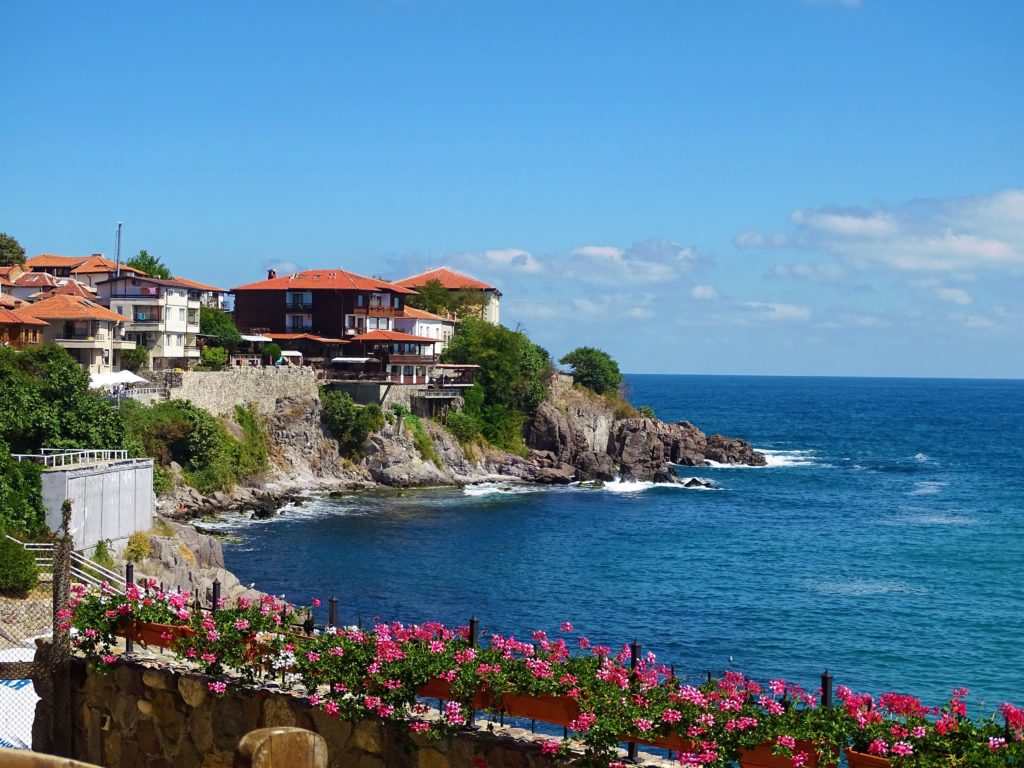Bulgaria, which is ranked 56th on the Human Development Index, is a developing nation with an upper-middle income economy. Its market economy, which is a part of the European Single Market, is predominately based on services. Agriculture and industry, particularly mining and machine building, are the next largest sectors.
Planning and great communication and cooperation between the applicant, his attorney, and the relevant government officials are essential for the successful acquisition of Bulgarian citizenship.

How to become a Bulgarian citizen
Depending on your situation, there are several options to apply for Bulgarian citizenship:
By origin
Bulgaria awards citizenship at birth under the jus sanguinis (right of blood) principle, according to which citizenship is inherited through a parent or parents, like virtually every other nation in Europe.
By birthplace
Everyone born on the territory of the Republic of Bulgaria has the right to birthplace citizenship (if there is no other citizenship).
By naturalization
In addition to acquiring citizenship by birth or origin in Bulgaria, one can also naturalize to become a citizen. When a candidate satisfies the criteria outlined in the Bulgarian Citizenship Act, citizenship is granted to him or her through the naturalization process.
An individual must go through the naturalization process if they weren’t born a citizen. An applicant must fulfill a set of basic eligibility and residency conditions to naturalize as a Bulgarian citizen.
Required documents
Your local Migration office requires certain documents from all applicants, regardless of the reason for the citizenship application. When submitting your application, make sure you have all these documents available. The following are the standard documents:
- A completed application for citizenship
- A passport or ID card issued by the government
- A recent photo, which must be the normal passport size (45 mm high by 35 mm wide)
- Criminal background check
- A document attesting to any name changes
There is no requirement to produce evidence if the name change is the consequence of marriage on the Republic of Bulgarian soil.
- Remitted application fee
All non-Bulgarian documents must also be accompanied by a certified translation.
Rights and responsibilities
People who become naturalized agree to assume all of the duties associated with being a citizen of Bulgaria. They receive all the privileges and rewards associated with citizenship in exchange. Since Bulgaria is an EU member country, its inhabitants are also EU citizens, giving them the freedom to roam around the EU and the ability to cast ballots for members of the European Parliament.
Bulgarian identity card
To apply for or possess a Bulgarian identity card, a person must be of Bulgarian nationality or citizenship. The required identity document issued in Bulgaria is the national identity card. The official form of identity in Bulgaria is this document, which the police issue on behalf of the Interior Ministry. All Bulgarians are required by law to always have their identity cards with them, and failure to do so can result in fines.
Bulgarian passport
A Bulgarian passport is acceptable as identification of Bulgarian nationality. If a person is of Bulgarian nationality, they may apply for a Bulgarian passport. Being a citizen of Bulgaria does not automatically grant access to a passport; in some cases, a passport application may be denied, or a current passport may be kept. At the time of application, eligibility and the right to a Bulgarian passport are considered.
Dual citizenship
Only citizens who were born in Bulgaria are allowed to have dual citizenship, often known as dual nationality. This implies that those who become naturalized citizens must renounce all other nations.



